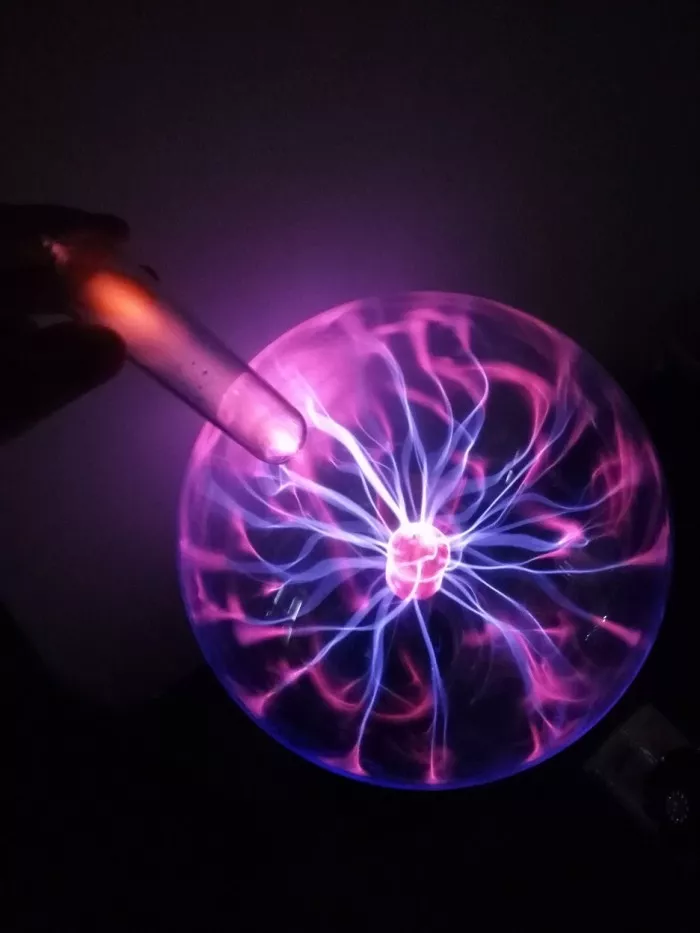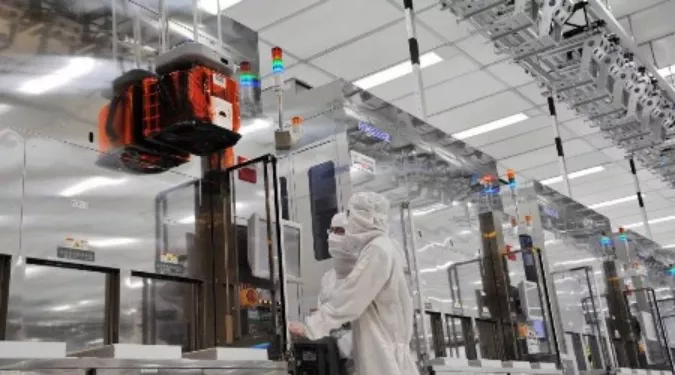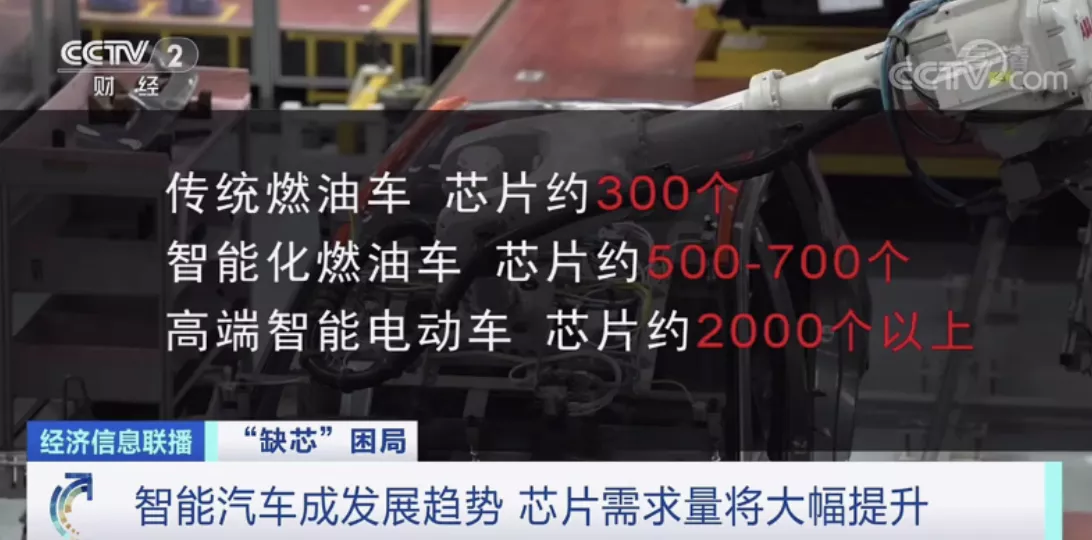It is reported that on June 2 local time, the Russian Ministry of industry and Trade said that the export of inert gases such as neon will be restricted before the end of 2022. Vasili, a senior official of the Department, said that this measure will strengthen Russia's position in the international market and provide an opportunity to "re layout the broken global supply chain and establish a new supply chain".
It is understood that inert gas is one of the basic materials for the production of semiconductors. Electronic products in many industries need semiconductors, which are used to manufacture mobile phones, automobiles, navigation systems, etc. Some analysts say that Russia's restrictions on the export of inert gases may further exacerbate the tight supply situation in the global chip market.

Russia restricts the export of inert gas and intensifies the global "core" shortage
It is reported that Russia accounts for 30% of the global supply of three inert gases - neon, krypton and xenon, of which neon is one of the most critical components in chip manufacturing. According to expert market research, a market research company, the semiconductor industry uses He Ne lasers to produce chips, which consumes nearly half of the world's neon production.
The Russian government said that Russia used to supply inert gases to Japan and other countries or regions, but before December 31 this year, it could only export them with the special permission of the state.
Previously, the supply chain problems caused by the global COVID-19 caused a global shortage of chips. The outbreak of the conflict between Russia and Ukraine has exacerbated this situation. Ukraine was once one of the largest inert gas suppliers in the world, and its total neon gas production accounted for more than 70% of the world. Since the conflict, the inert gas plants in Mariupol and Odessa have been closed, which means that nearly half of the world's neon production capacity has suddenly been lost.
It is understood that neon gas is a by-product in the process of steel smelting, and the subspeed steel plant previously controlled by Russia was one of the few plants in the world that have the conditions required to produce rare gases such as neon, krypton, xenon and helium with high production efficiency.
On the other hand, western countries have imposed sanctions on Russia, including preventing the country from importing chips, computers and electronic products. On March 31, the US Treasury Department announced sanctions against Russian entities and individuals related to technology and networks, and Mikron holdings, Russia's largest chip manufacturer, was included in the sanctions list. In the fifth set of sanctions against Russia, the EU also implemented a further export ban worth 10billion euros in key areas, mainly in the industries of advanced semiconductors, machinery and transportation equipment.
Russian officials said: "we plan to increase production capacity in the near future." The official said that he hoped to take this opportunity to draw attention to Russia's position in the global industrial chain. "This will give us some competitive advantages when we negotiate with others." The official said.

US Secretary of Commerce: chip shortage will continue in 2023
According to previous reports, Peter Weininger, CEO of asmax, a Dutch photolithography giant, once revealed that due to the shortage of chips, some large manufacturers had to buy old washing machines just to remove the chips in the washing machines. It is reported that wenningke talked about this situation in the company's financial report, and added that this situation is not rare.
The automotive industry, which is greatly affected by the "core" shortage, has also lowered its output target and reduced its production scale due to the lack of semiconductor supply. It is reported that Toyota has lowered its production target this year by about 100000 vehicles. Honda Motor Company also previously said that due to the shortage of chips and the epidemic blockade, the company plans to cut the output of two production lines of a factory in Japan by about 50% in early May.
At the same time, the development trend of intelligent vehicles has also greatly increased the demand for chips. Public data shows that a traditional fuel vehicle needs about 300 chips, a traditional fuel vehicle with high intelligent configuration needs about 500 to 700 chips, and a high-end intelligent electric vehicle may need more than 2000 chips. According to CCTV news reports, the shortage of chips has seriously restricted the production capacity of the automotive industry, resulting in delayed delivery of cars, and also led to car companies having to reduce the allocation of new cars. Some new cars can not be equipped with chips until they have been sold for a year.

↑ smart cars become a development trend, and the demand for chips will increase significantly
In terms of mobile phone manufacturing, Apple The company also cut [iPhone] last year due to the shortage of chip supply( https://apple.pvxt.net/c/1251234/435400/7639?u=https%3A%2F%2Fwww.apple.com%2Fcn%2Fiphone%2F ) 13. Production target: reduce the output by 10million units. It is reported that since the chip shortage in 2020, the economic losses caused by the shortage have reached billions of dollars.
The other side of the chip shortage is the rising price of chips and related products. According to CCTV news, on March 29, Italian French semiconductor, a European chip manufacturer, announced that it would raise the prices of all its product lines in the second quarter of this year. Global automotive chip leader Renesas electronics raised the chip price in January this year.
According to reference news, U.S. Commerce Secretary Gina ramondo recently warned that the global shortage of key chips is likely to continue throughout 2023, or even longer, until the beginning of 2024. In response, she called on the US Congress to take action as soon as possible to provide funds for the development of relevant industries. It is reported that the US Senate and house of representatives have each passed a US $52billion chip industry promotion bill, but have not yet reached an agreement on the final version of the legislation.
Reporter lijinrui
Editor Zhang Xun